The hunt for the Assad dynasty’s missing billions begins
The Assad family built a broad network of investments and business interests, including prime real estate in Russia, Viennese boutique hotels and a private jet located in Dubai.
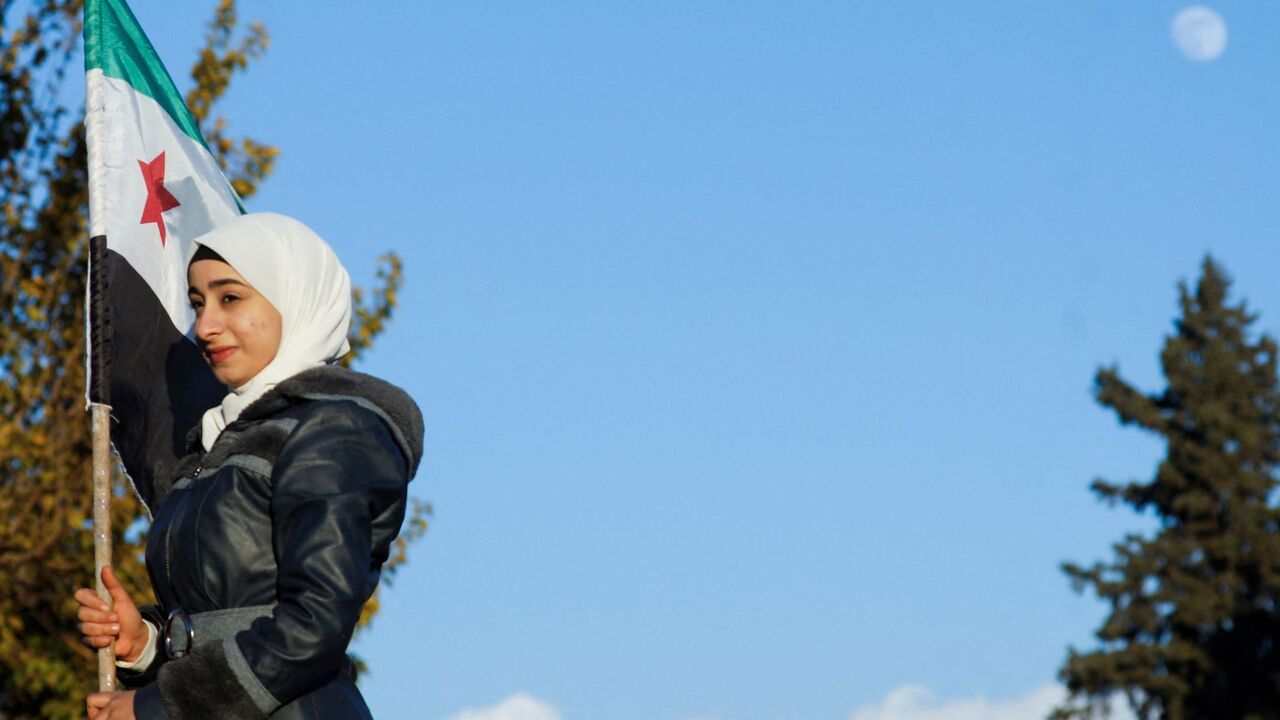
With the collapse of the Assad regime in Syria, a global hunt is now beginning for the billions of dollars in cash and assets the family stashed away over half a century of despotic rule.
The chase will likely be long, if the years-long attempts to recover the wealth secreted overseas by Saddam Hussein and Muammar al-Gaddafi are anything to go by.
The Assad family has built a broad network of investments and business interests over the decades since the patriarch, Hafez al-Assad, seized power in 1970. Among the international purchases made over the years by close kin of his son, the deposed leader Bashar al-Assad, are prime real estate in Russia, Viennese boutique hotels and a private jet located in Dubai, according to former U.S. officials, lawyers and research organisations that have investigated the former ruling clan’s fortunes. Human-rights lawyers say they are planning to track more assets, hoping to recover them for the Syrian people.
“There will be a hunt for the regime’s assets internationally,” said Andrew Tabler, a former White House official who identified assets of Assad family members through work on U.S. sanctions. “They had a lot of time before the revolution to wash their money. They always had a Plan B and are now well equipped for exile.” Assad fled Syria to Russia on Dec. 8 as opposition rebels rapidly advanced on the capital, Damascus, ending his 24-year dictatorship, which followed nearly three decades of rule by his father. Both leaders used relatives to hide wealth abroad in a system that enriched family members but also caused broader tensions within the Assad clan.
The exact size of the wealth of the Assad family and which family member controls what assets isn’t known. A report by the State Department in 2022 said a figure was hard to determine, but estimated businesses and assets connected to the Assads could be worth as much as $12 billion, or as low as $1 billion.
The assessment said the money was often obtained through state monopolies and drug dealing, especially the amphetamine captagon, and partly reinvested in jurisdictions out of reach of international law.
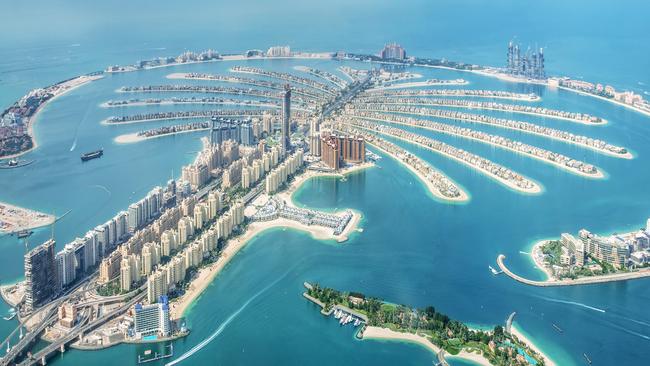
The wealth of the Assad clan continued to grow as regular Syrians struggled with the impact of the country’s civil war, which began in 2011. The World Bank calculated that in 2022 almost 70% of the population lived in poverty.
Many of the heavily militarised regime’s most powerful figures were business-minded, notably Bashar al-Assad’s British-born wife, Asma, a former banker at JPMorgan.
“The ruling family was as much an expert in criminal violence as it was in financial crime,” said Toby Cadman, a London-based human-rights lawyer with Guernica 37 International Justice Chambers, who has investigated Assad’s assets.
Finding and freezing the assets will likely be difficult. The U.S. mounted a lengthy sanctions campaign against the Assad regime, forcing its moneymen to hide wealth outside the West and via tax havens. Investigators who led the hunt for billions stashed away by Hussein and Gadhafi spent years pursuing people connected to the dictators, navigating shell companies and filing international lawsuits to recover the money with limited success. Out of an estimated $54 billion in assets accumulated by the former Libyan regime, for instance, very few – including a $12 million London property, and $100 million in cash in Malta – were recovered, a Libyan official said last year.
Legal teams have already managed to secure some asset freezes related to the Assads’ wealth. A Paris court in 2019 froze 90 million euros worth of property – equivalent to $95 million – held in France by Rifaat al-Assad, an uncle of Bashar al-Assad who oversaw a brutal opposition crackdown in 1982. The tribunal ruled the assets were obtained through organised laundering of embezzled public funds.
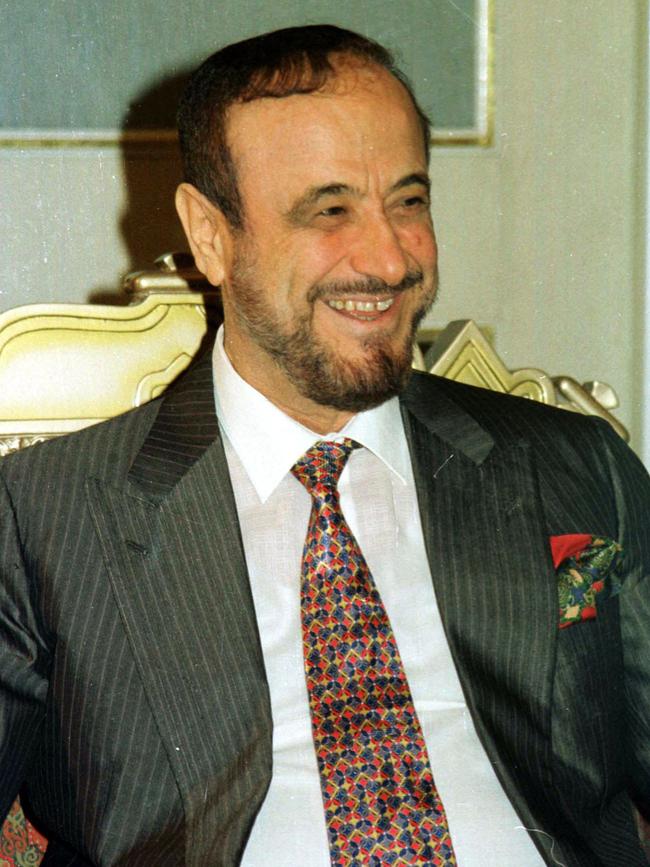
William Bourdon, the human-rights lawyer who filed the case in Paris, said money in tax havens such as Dubai and Russia would be much harder to recover. Investigators need to seek court orders freezing assets and then enforce their recovery, and it is also not clear who would receive the funds. After the fall of Assad, Syria’s government is in disarray, with Islamist rebels seeking to fill a power vacuum.
The Assad clan started accumulating a fortune soon after Hafez al-Assad took control of Syria following a bloodless coup.
Hafez put his brother-in-law Mohammad Makhlouf, then a modest airline employee, in charge of the country’s lucrative tobacco-import monopoly, said Ayman Abdel Nour, a university friend of Bashar al-Assad.
Makhlouf took large commissions on the booming construction sector, said Abdel Nour, who was also later an unpaid adviser to Bashar al-Assad. When Bashar succeeded his father as leader in 2000, Makhlouf passed the business empire to his own son, Rami.
The Makhloufs were expected to make money on the behalf of the president and bankroll the regime and its ruling family when needed, said Bourdon, the Paris lawyer who has investigated Assad’s assets. “The Makhloufs are the chamberlains to the Assads,” said Bourdon.
Rami Makhlouf later became the regime’s primary financier with assets in banking, media, duty-free shops, airlines and telecommunications, becoming worth as much as $10 billion, according to the State Department. The U.S. government sanctioned Makhlouf in 2008 for benefiting from and aiding the public corruption of Syrian regime officials.
The eruption of the Syrian civil war in 2011 ushered in new opportunities for the Assad clan. Bashar al-Assad’s younger brother Maher commanded Syria’s Fourth Armored Division, which engaged in smuggling captagon to the rest of the Middle East, according to the State Department.
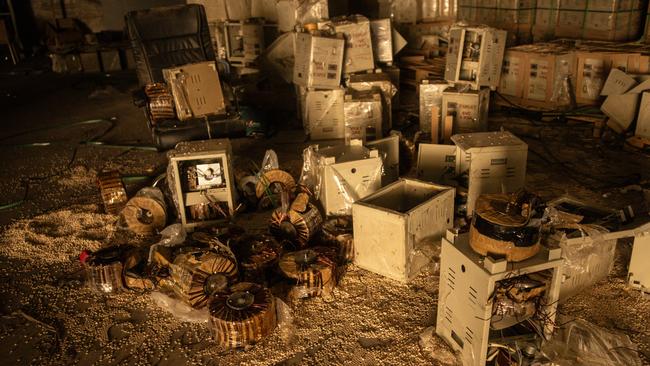
The proceeds from the drug for years helped the regime offset punishing Western economic sanctions, bringing in an annual average of about $2.4 billion between 2020 to 2022, according to the Observatory of Political and Economic Networks, a Syrian and Arab research organisation that tracks the captagon trade.
The former rebel group now working to set up an interim government in Syria says it will ban the traffic and has posted footage revealing the discovery of industrial quantities of captagon after the regime fell, some of them at facilities controlled by Maher.
Maher began investing abroad before the civil war and his assets included a farm in Argentina, according to a former European intelligence official and an adviser to the defunct regime. The ex-adviser said the Argentine asset was a tea plantation.
The Makhloufs also invested overseas, buying real estate in Dubai worth roughly $3.9 million, including mansions on the emirate’s palm-shaped island, according to a 2018 study by Washington-based think tank Center for Advanced Defense Studies, which examined property data provided by confidential sources.
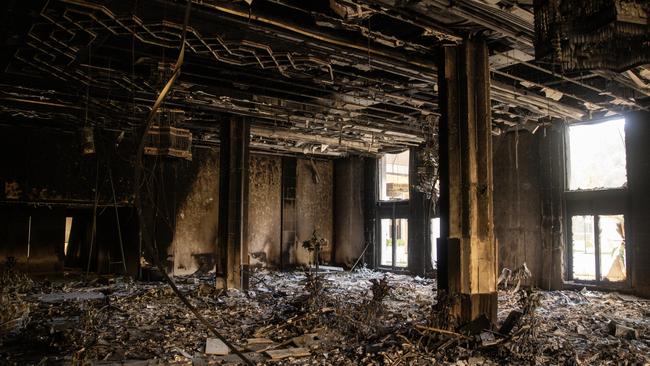
The Makhlouf family also purchased 20 million euros’ worth of boutique hotels in Vienna and a franchise connected to Buddha Bar, the high-end lounge originally from Paris, Rami Makhlouf said in an application for Austrian citizenship obtained by the Organized Crime and Corruption Reporting Project, an anticorruption non-profit organisation.
According to a 2019 investigation by anticorruption group Global Witness, members of the Makhlouf family also owned roughly $40 million worth of property in luxury skyscrapers in Moscow. The Kremlin didn’t return a request for comment.
Then in 2020, the economic relationship at the heart of the Syrian regime frayed. Bashar al-Assad publicly sidelined Rami Makhlouf. The circumstances of their falling out remain murky. But the Syrian leader was tightening control over the levers of the failing Syrian economy.
Makhlouf was placed under house arrest and Syrian authorities put many of his business interests into state receivership, The Wall Street Journal has previously reported.
Part of the reason for the shakedown could have been bad optics: While Syrians suffered the costs of civil war, Rami Makhlouf’s two sons posed on social media in swanky nightclubs in Dubai, where their father based some of his businesses.
They drove Ferraris, brandished bottles of Champagne and posed bare-chested in Dubai gyms. In paid-for advertisements on media websites, the oldest, Mohammad, said he used $43 million to customise a private jet in Dubai, complete with two living rooms and an en suite shower.
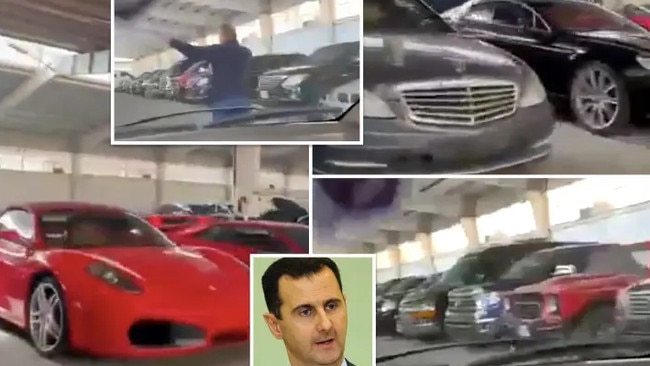
Mohammad, in a statement Friday on social media, said he had been exiled from Syria for more than five years and that he didn’t publicly criticise Assad’s regime because of concerns for his father. Mohammad said he hadn’t seen his father for six years and called Assad’s demise “a dream come true.” His father posted to Facebook on Dec. 5 saying the loss of the city of Aleppo to opposition forces was “shameful,” adding that he had offered millions of dollars to Col. Suhayl al-Hasan, a Syrian commander sanctioned by the U.S. for barrel bombings on civilians, including with toxic gas, during a battle for the control of Aleppo a decade ago.
The whereabouts of Rami Makhlouf and Maher al-Assad, who didn’t return requests for comment, couldn’t be determined following the fall of the Assad regime.
After Rami Makhlouf’s shakedown, Asma al-Assad oversaw the takeover of his assets inside Syria then run by her associates, including the control of a major telecom operator, according to an adviser to the now-defunct regime and a European diplomat.
In 2020, the State Department sanctioned her, claiming she and family members had become some of Syria’s “most notorious war profiteers.” Asma al-Assad and her family accumulated “ill-gotten riches at the expense of the Syrian people through their control over an extensive, illicit network with links in Europe, the Gulf, and elsewhere,” the State Department said.
“We have the duty to recover the money for the Syrian people,” said Bourdon, the Paris human-rights lawyer.
Some are taking matters into their own hands. In recent days, Syrians looted an ornate palace of the Assads, carting away furniture and artwork. Some took videos of themselves in a garage full of sports cars, including Aston Martins and a Lamborghini.
The Wall St Journal

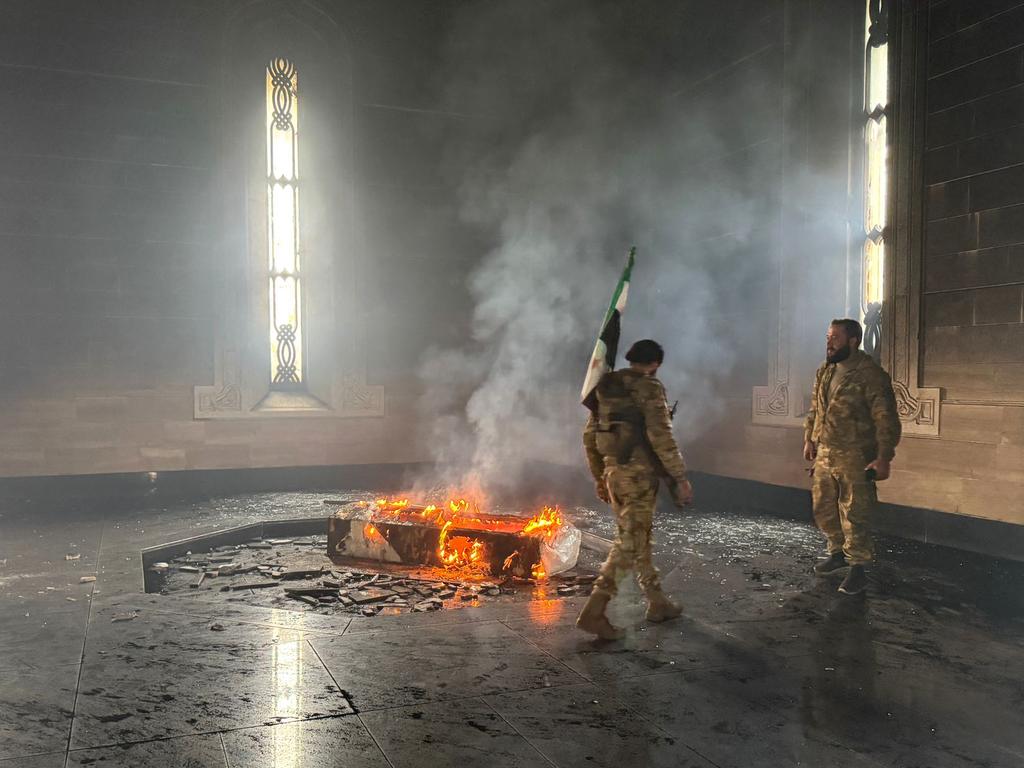
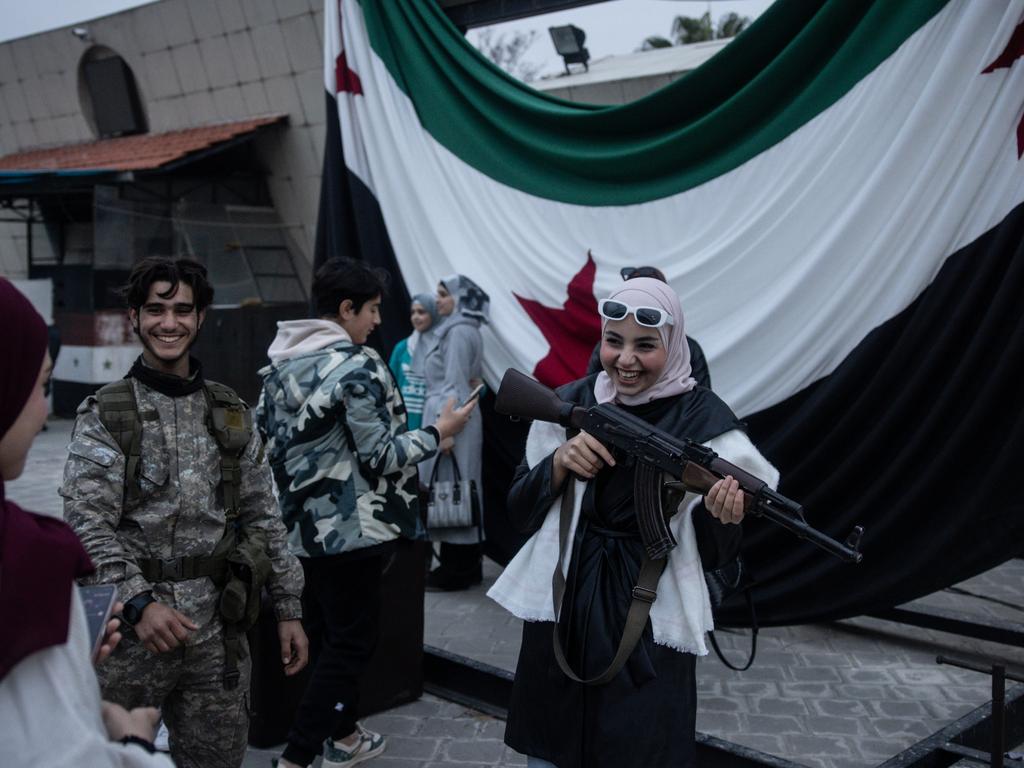
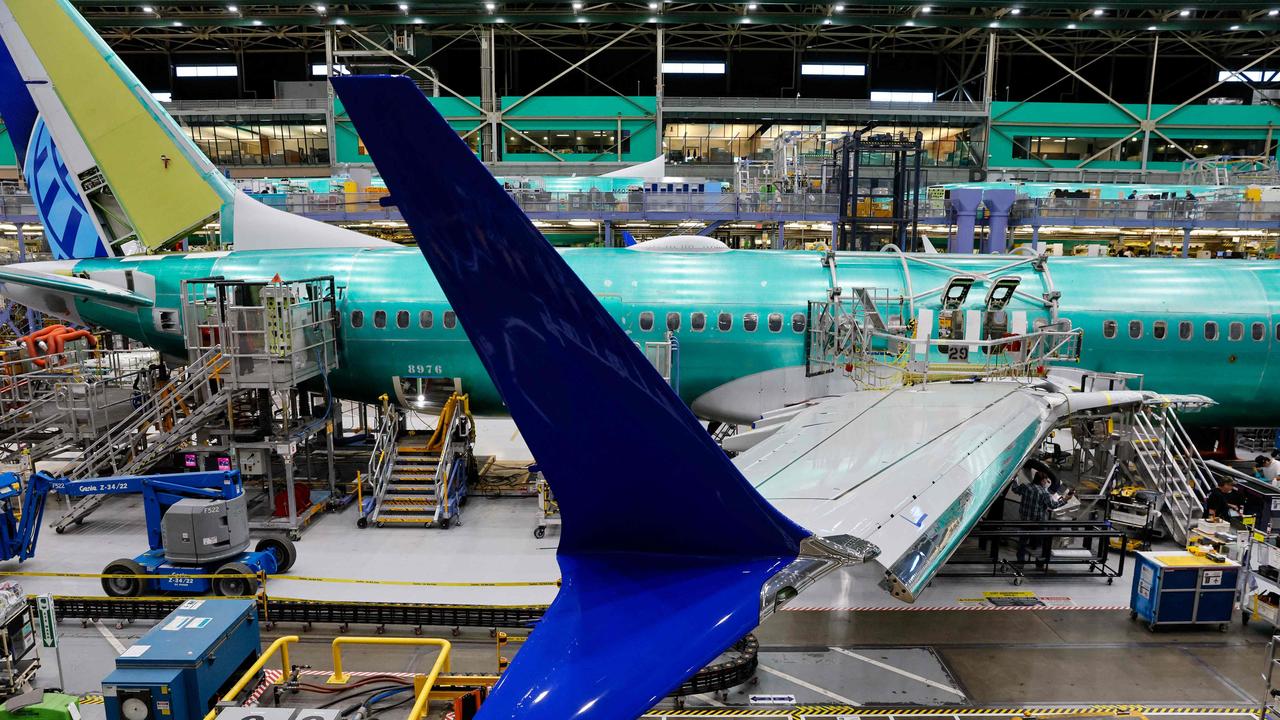
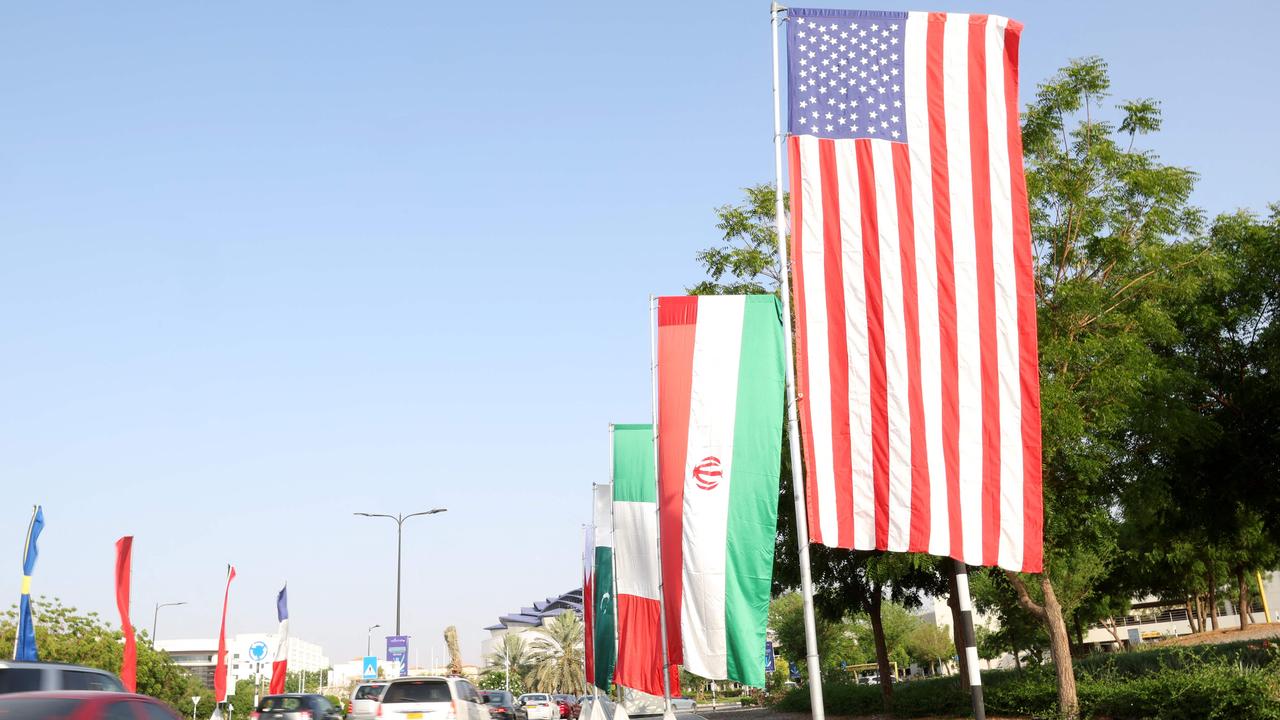
To join the conversation, please log in. Don't have an account? Register
Join the conversation, you are commenting as Logout